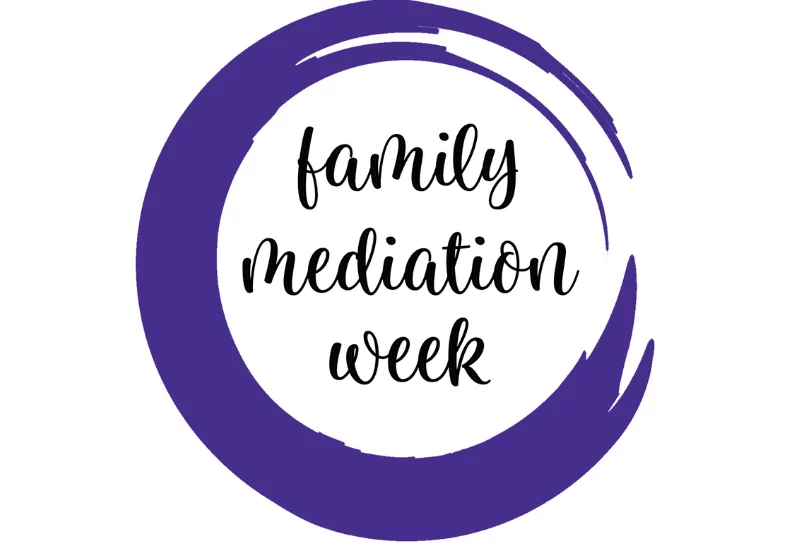Coercive and controlling behaviour in family proceedings

The family Court is increasingly being asked to deal with cases where allegations of coercive and controlling behaviour are being made. But what is it and how will the Court deal with those cases?
For the purpose of family law, the following definitions are adopted in the Family Proceedings Rules:
- “Coercive behaviour” means an act or pattern of acts, assaults, threats, humiliation and intimidation or other abuse that is used to harm, punish or frighten their victim.
- “Controlling behaviour” means an act or pattern of acts designed to make a person subordinate and/or dependent by isolating them from sources of support, exploiting their resources and capacities for personal gain, depriving them of the means needed for independence, resistance and escape and regulating their everyday behaviour.
Examples of coercive and controlling behaviour can include:
- Isolating a person from their friends and family
- Controlling the ability to go to a place of study
- Control of finances (i.e. taking wages)
- Taking control over aspects of everyday life including where they can go, who they can see and what they can wear
- Preventing a person having access to transport or from working
- Monitoring their time
Clearly allegations of this type of behaviour can be very varied and subtle. Sometimes, incidents which on their own might not sound serious, can become so when considered in the context of a pattern of behaviour or in a coercively controlling relationship. Often a person may not even realise that they are a victim of this behaviour. It is vital therefore that professionals can spot potential signs to ensure help can be offered and to ensure that the right questions are asked to get the information needed to obtain support for victims.
In respect of the proceedings at Court, it will be important to ensure that full and detailed accounts are taken to include as much information in any statement. Statements from friends and family may also be key in supporting assertions about controlling behaviour. Allegations of domestic abuse are often raised in the outset in private law children proceedings and when those allegations are of physical violence they are set out in a statement and chronological schedule of incidents for the Court to consider at any fact finding hearing.
It now seems to be accepted that a rigid schedule of allegations in cases of coercive and controlling behaviour may not be helpful and that the Court will need to try and identify the best way to secure and present the evidence in these cases. Recent case law suggests that Judges are becoming more aware of this.
Coercive and controlling behaviour in an intimate or family relationship is now also a criminal offence and it may be that there are criminal proceedings alongside any family matter. Evidence from the police may be disclosed in any family proceedings.
Whilst becoming more common, it is clear that the professionals involved in these cases must ensure they are able to effectively advise and understand these complex issues and encourage the Court to thoroughly assess the evidence in any family proceedings.
If you need any advice or assistance in respect of a family law matter and you think coercive and controlling behaviour may need to be considered, our specialist family law team can assist. Call us today for your free 30 minute consultation on 0800 2800 421, or get in touch here.














